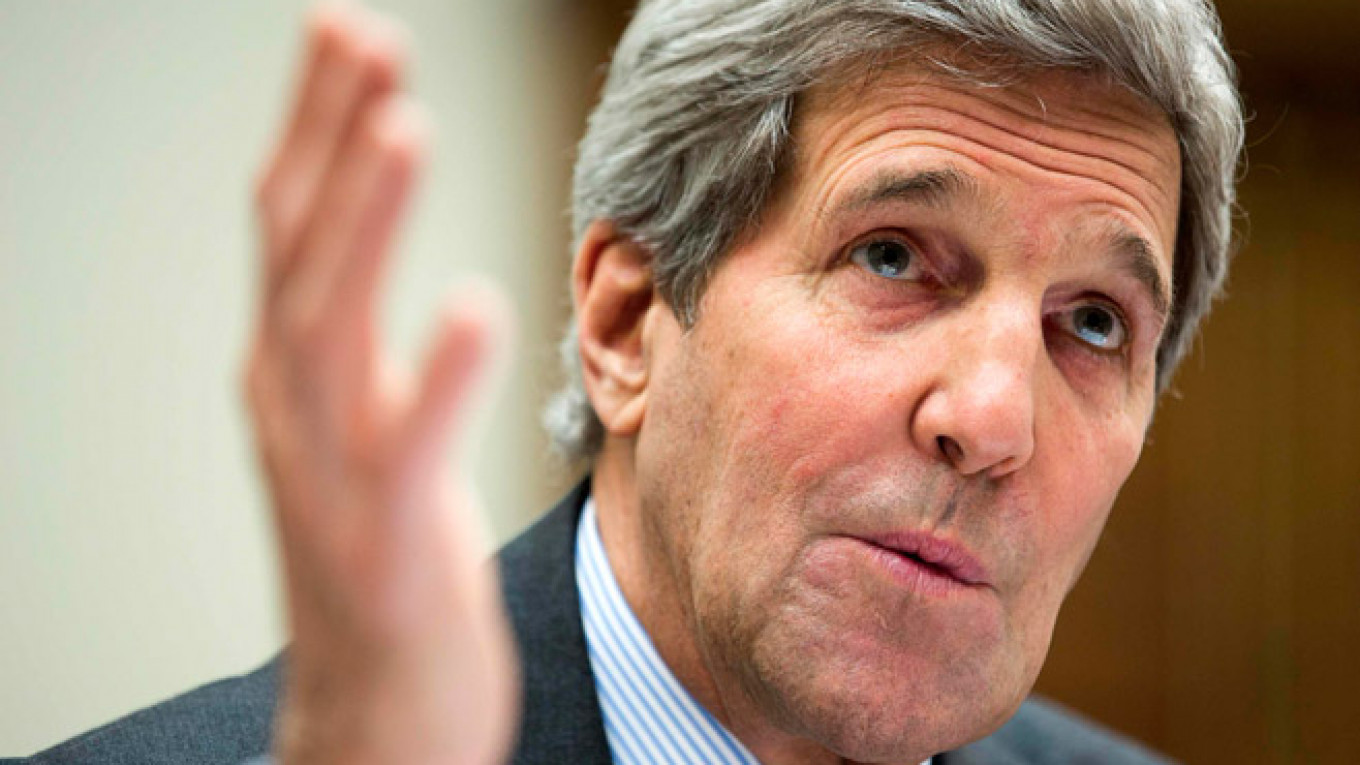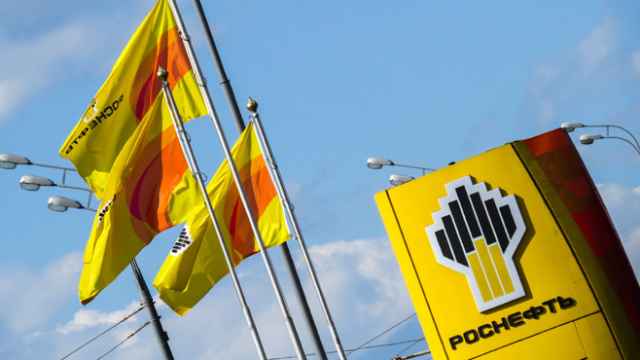WASHINGTON — The United States and the European Union are unlikely to widen economic sanctions on Russia if a tentative cease-fire emerging in eastern Ukraine takes hold, Western diplomats said on Friday.
Despite repeatedly saying that new U.S. or EU sanctions on Russia as well as U.S. lethal assistance for Ukraine remain on the table, neither Europe nor the United States would be eager to go forward if this week's fragile calm is sustained, they added.
That in effect means Washington and its European allies would overlook last week's defeat of Ukrainian troops by pro-Russian separatists in the strategic town of Debaltseve, which came days after a Feb. 15 cease-fire was due to begin.
U.S. Secretary of State John Kerry telegraphed the stance on Thursday when he suggested there would need to be an event such as a fresh separatist assault on the government-held port of Mariupol to trigger fresh economic sanctions.
"The measurement now is are we on a downward track [in the violence] … or is there now a Mariupol or some other effort that may be taking place which would immediately merit a much more significant response," Kerry told lawmakers.
Ukraine and Western governments have accused Russia of sending troops and weapons to support the separatists, despite a peace deal agreed in the Belarussian capital Minsk on Feb. 12. Moscow has denied this.
In a sign the truce may be taking hold despite new casualties, Ukrainian troops began towing artillery away from the front lines on Thursday.
A Western diplomat who spoke on condition of anonymity said continued calm meant new sanctions were unlikely.
"Right now, when there are no civilian casualties, when there is a withdrawal of heavy weaponry, what would be the sense of imposing sanctions?" he said.
Another Western diplomat said some EU nations argued that Russia must pay a price for the fall of Debaltseve.
But assuming continued calm, he said the most harsh response he could envisage when EU leaders meet in March would be to extend existing EU sanctions on Russia through the end of the year.
A senior Obama administration, however, sought to play down the idea that sanctions were growing less likely.
"While the cease-fire appears to be holding and is a good sign, there are many other Minsk violations that are concerning and that we are continually evaluating what the next steps are we might take with our European allies," the official said.
A Message from The Moscow Times:
Dear readers,
We are facing unprecedented challenges. Russia's Prosecutor General's Office has designated The Moscow Times as an "undesirable" organization, criminalizing our work and putting our staff at risk of prosecution. This follows our earlier unjust labeling as a "foreign agent."
These actions are direct attempts to silence independent journalism in Russia. The authorities claim our work "discredits the decisions of the Russian leadership." We see things differently: we strive to provide accurate, unbiased reporting on Russia.
We, the journalists of The Moscow Times, refuse to be silenced. But to continue our work, we need your help.
Your support, no matter how small, makes a world of difference. If you can, please support us monthly starting from just $2. It's quick to set up, and every contribution makes a significant impact.
By supporting The Moscow Times, you're defending open, independent journalism in the face of repression. Thank you for standing with us.
Remind me later.






